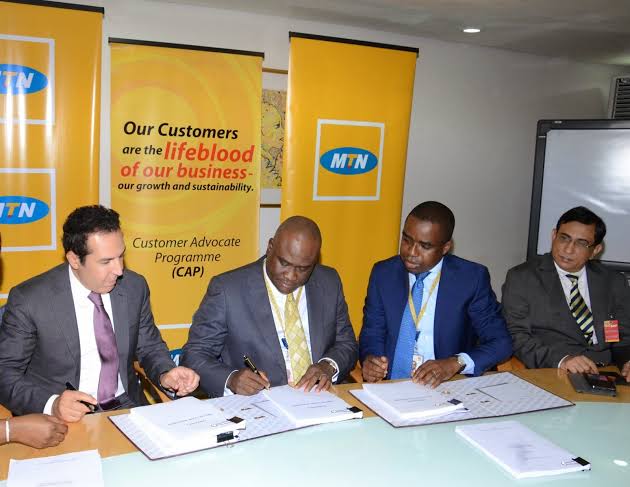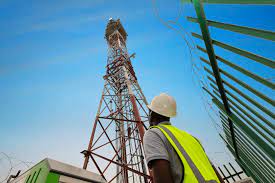MTN Nigeria has notified the Nigerian Exchange Limited and the investing public that the company and IHS have successfully negotiated binding commercial terms of the current infrastructure sharing and master lease agreements.
MTN’s announcement is in response to the Extraordinary General Meeting (EGM) held on April 30, 2024. It was one of the plans presented at the EGM to aid in their capital situation recovery.
Read also: NIN-SIM linkage: MTN Nigeria bans 8.6 million users
Contract extended
The current contracts have been extended until December 31, 2032, and the terms of the revisions will take effect on April 1, 2024. Prior to the renegotiation, the site leases varied in expiration dates from December 2024 to December 2029, with the majority expiring in 2029.
The amended terms establish a cap for the naira CPI escalator component and significantly reduce the US dollar-indexed portion of the leases linked to a discounted US consumer price index (CPI), making the leases primarily naira-based. In addition, they do away with technology-based pricing, enabling payments for new improvements predicated on tower capacity and area.
Although the provisions of the renegotiated agreements include some discounts and incentives over the course of the contracts, they also include an energy cost component tied to the cost of providing diesel power. The renegotiated terms are intended to help margin recovery and resolve their negative equity position while also reducing macro risks that could negatively impact their business.
Furthermore, as it was announced on September 7, 2023, MTN Nigeria, ATC Nigeria Wireless Infrastructure Solutions Limited (ATC), and IHS (the Parties) have come to an understanding of the roughly 2,500 sites that ATC was given from the IHS portfolio.
The parties have reached an agreement on a revised site allocation after trilateral talks started in Q2 2024. Under this agreement, ATC will handle up to 2,100 sites for tower services, while IHS will oversee up to 1,400 sites. This includes the 1,000 additional MTN Nigeria sites that will be distributed between the two tower operators and implemented over the next few years.
Read also: MTN SIM cards disconnected due to incomplete or mismatched NIN registration
MTN Nigeria CEO’s remark
“We are pleased with the successful renegotiation of our tower lease agreements with IHS and ATC, which reflect a collaborative and mutually beneficial outcome aligned with the long-term interests of all parties involved,” MTN Nigeria CEO Karl Toriola stated in response to the deals.
“In keeping with our expenditure efficiency initiative, we believe that these changes will significantly reduce network costs, which will enhance our operating margins and capital position in the medium run,” he added.
About MTN Nigeria
One of Africa’s biggest telecom service providers, MTN Nigeria connects more than 79 million residents of the nation’s communities and the rest of the globe.
Since its founding in 2001, MTN Nigeria has maintained its leadership position in coverage, capacity, and innovation, driven by the conviction that everyone should enjoy the advantages of a contemporary, connected life.
MTN Nigeria is a member of the MTN Group, an international telecommunications company operating in eighteen Middle Eastern and African nations.

